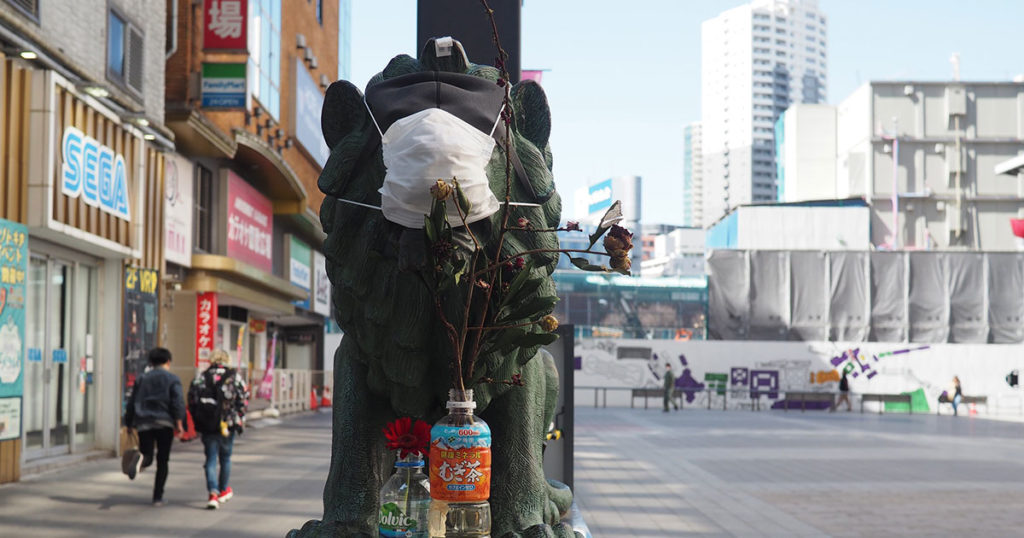
Having spent all of March out of school, my 16-year-old son is scheduled to return to class on April 8, here in Kamakura, Japan. This will be no surprise to people in this country; most Japanese schools plan to reopen in a couple of weeks, which is the start of the new academic year. But it may perplex or even shock people elsewhere, given the stringent controls on interaction currently imposed in places such as New York, California, Italy, France, and India.
And here’s the most perplexing thing of all: Japan appears to be staving off the pandemic quite successfully, despite relatively little testing and no shutdowns other than schools and large gatherings such as sporting events. Restaurants and shops are open, businesses are operating (albeit with people working from home if possible), and the cherry blossoms are drawing substantial crowds (albeit with smaller-than-usual groups maintaining greater-than-usual distance from each other).
Go ahead and scoff, as some have, that Japan is a fool’s paradise in which the government is artificially keeping reported infection rates low by withholding tests. If that were so, the hospitals would be overrun with elderly patients dying of pneumonia, and that simply isn’t happening.
So what’s the explanation? Nobody really knows, but I venture to guess that the early closure of schools may have been crucial. At the time, everyone was shocked—I confess I thought it grossly excessive, and one person with high connections to governing elites confided to me that Prime Minister Shinzo Abe had acted in a moment of panic.
But then I saw an op-ed in The New York Times by Howard Markel, a University of Michigan expert, stating, “My research on the long history of epidemics has taught me that when it comes to outbreaks of contagious respiratory infections, closing schools can help prevent many thousands of illnesses and deaths. … School closing turned out to be one of the most effective firewalls against the spread of the [1918–19 influenza pandemic]; cities that acted fast, for lengthy periods, and included school closing and at least one other [non-pharmaceutical intervention] in their responses saw the lowest death rates.” So maybe Abe did panic, but even so, he may have blundered into the right decision.
Another important step may have been the way local authorities reacted to any kurasuta (clusters) of infections in their areas—with methodical efficiency, tracking down every single person and business establishment that infected individuals came into contact with, and telling all the potentially infected people to self-isolate for 14 days. The health ministry bureaucrats believe it works; for now at least, it looks as if they’re right.
As for widespread testing, the authorities may well have been wise also to resist that—partly because of the unreliability (high rate of false negatives), and partly because infections might have spread more readily if sick people had rushed to doctor’s offices and hospitals, as they reportedly did in Italy, rather than waiting first to see if they could recover at home.
It’s still possible, of course, that Japan is a fool’s paradise, with infection rates set to spike. Indeed, only a few hours after I finished writing this on Wednesday, the governor of Tokyo Prefecture, Yuriko Koike, held a press conference responding to an uptick that day in new confirmed cases in Tokyo, to 41—still relatively low by megacity standards, but more than double the previous daily record of 17. She requested that people refrain from taking nonessential outings this coming weekend, and warned that a citywide lockdown might be “the only option left” in the event of an explosive rise in cases.
If that happens, my son’s school will presumably close again. He’ll grit his teeth and persevere. I hope that those facing more dire threats have equally pleasant outcomes.
One final thought: in this new era of social distancing, the Japanese custom of bowing is looking a lot less dorky than it used to. Remember, fellow gaijin: Bow from the waist! Eyes down! Deeper and longer to show more respect to superiors!


